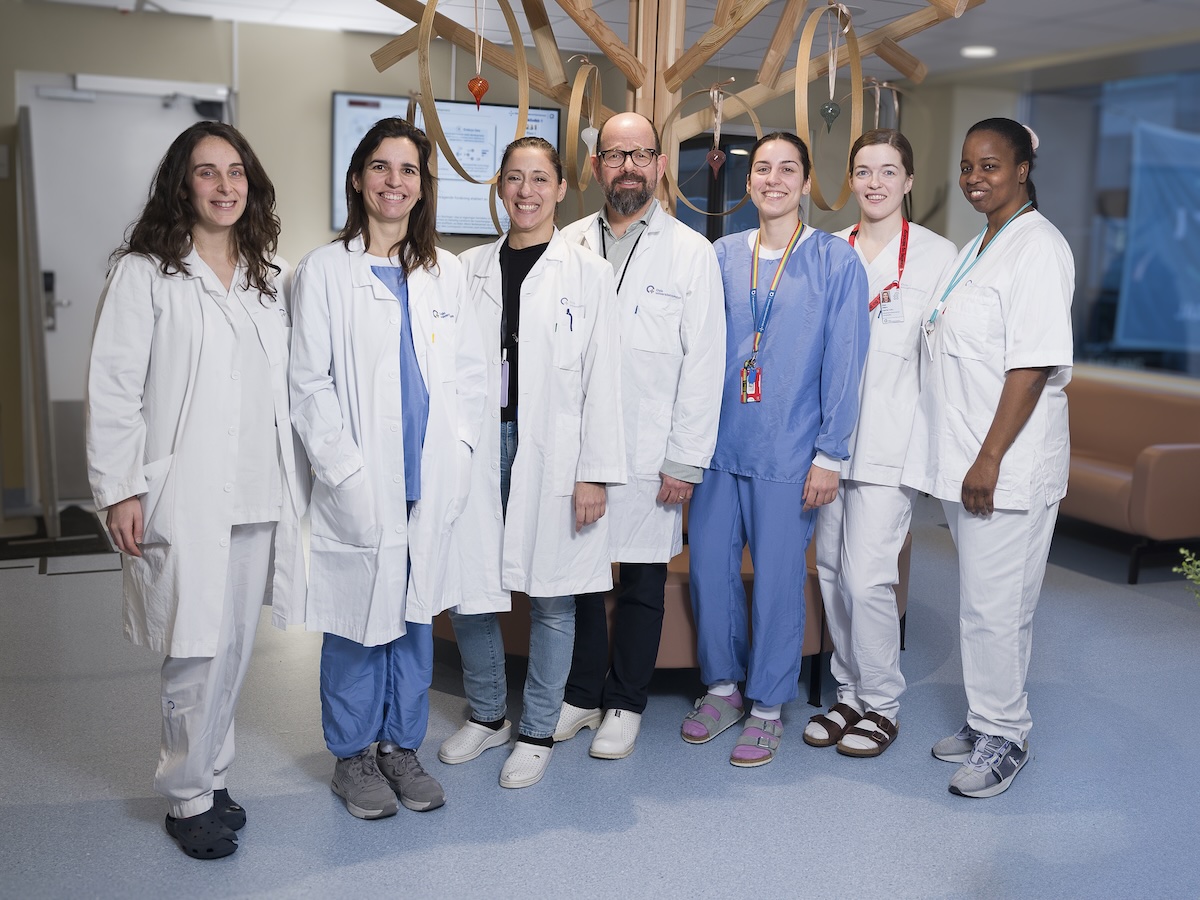Research at the Reproductive Medicine group Advancing Reproductive Science and Fertility Preservation
Reproductive health is at the core of our research. As assisted reproduction technologies (ART) continue to evolve, understanding the biological mechanisms that influence fertility is essential for improving success rates and expanding treatment options. Our research group explores key aspects of ovarian function, fertility preservation, and implantation aiming to bridge the gap between fundamental science and clinical application.
Our Research Focus
- Ovarian Tissue and Follicle Dynamics (PRIME)
We investigate follicle activation and dormancy to enhance fertility preservation strategies and better understand ovarian function. - Fertility Preservation among Females with Cancer
Our research identifies the characteristics of patients undergoing fertility preservation, comparing their outcomes to those receiving standard fertility treatments and those who decline preservation. - Fibroids and Infertility (FIN)
By analyzing gene expression during the window of implantation, we examine how fibroids impact endometrial receptivity and reproductive outcomes.
Beyond our core research projects, we actively engage in clinical research in collaboration with the IVF lab. Together, we conduct small-scale studies on embryos, oocytes, and sperm, translating laboratory discoveries into improvements in assisted reproduction techniques.
We are also proud members of CRESCO, the Centre for Embryology and Healthy Development, a hub for collaboration and knowledge exchange in reproductive science. Through CRESCO, we connect with experts across disciplines, fostering innovation in fertility research.

